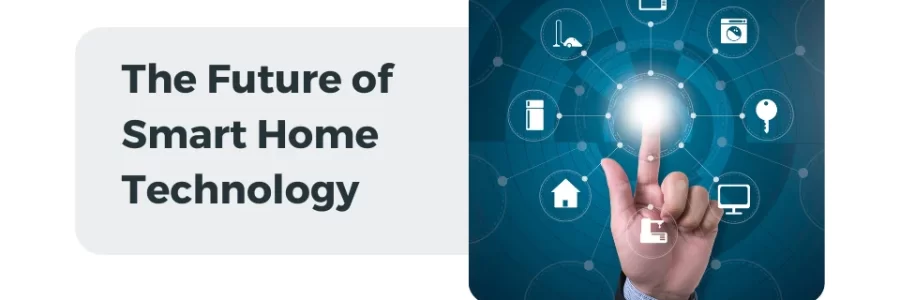The evolution of technology has drastically transformed the way we live, and one of the most prominent innovations of recent years is the advent of smart home technology. What started as a convenience has rapidly grown into a sophisticated network that shapes our living spaces, making them more efficient, comfortable, and secure. As we look ahead, the future of smart home technology holds even more exciting possibilities that promise to redefine our daily lives.
Table of Contents
Introduction: The Revolution of Smart Homes
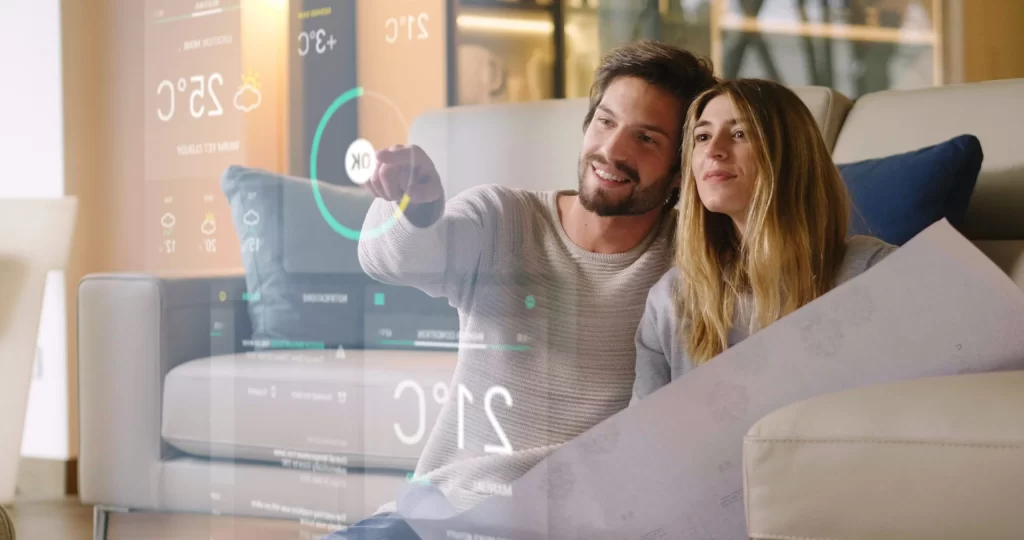
The concept of smart homes began with the idea of automating routine tasks and controlling devices remotely. However, it has since evolved into an ecosystem that seamlessly integrates cutting-edge technologies to enhance our living experience in unprecedented ways.
Seamless Integration of AI and Machine Learning
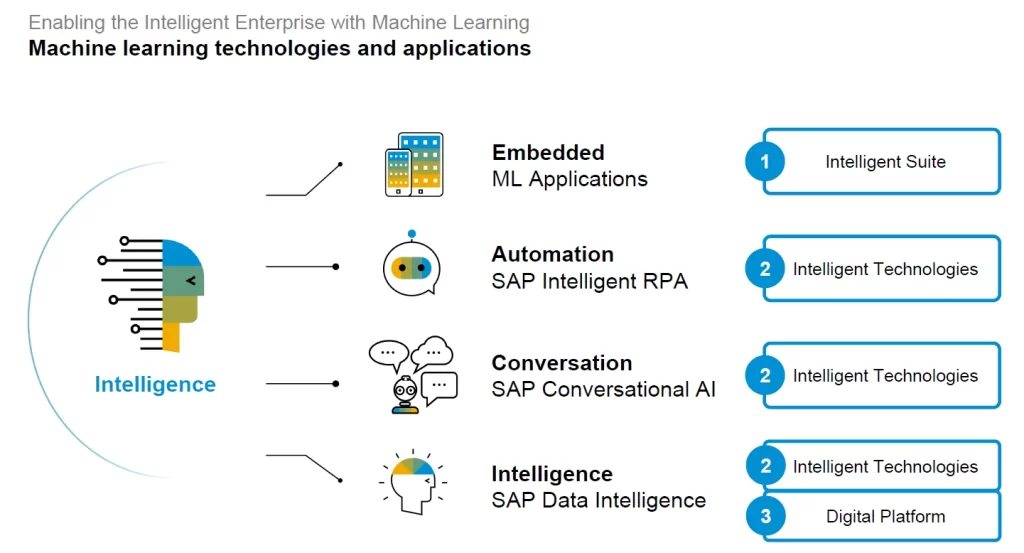
The future will witness an even more profound integration of artificial intelligence (AI) and machine learning into smart homes. Our homes will learn our preferences, anticipate our needs, and adapt to our lifestyle patterns, making daily routines effortless and intuitive.
Ubiquitous Connectivity through 5G
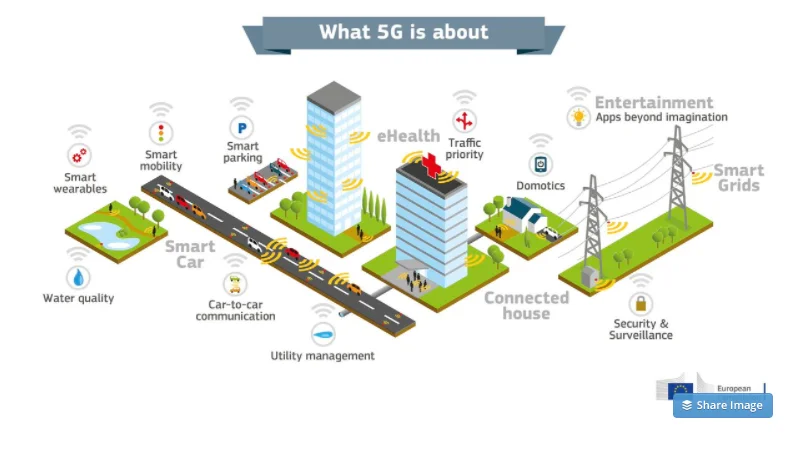
With the widespread deployment of 5G networks, smart homes will be hyper-connected, enabling lightning-fast data exchange between devices. This will lead to minimal latency, enabling real-time interactions and enhancing the overall smart home experience.
Sustainable and Energy-Efficient Solutions
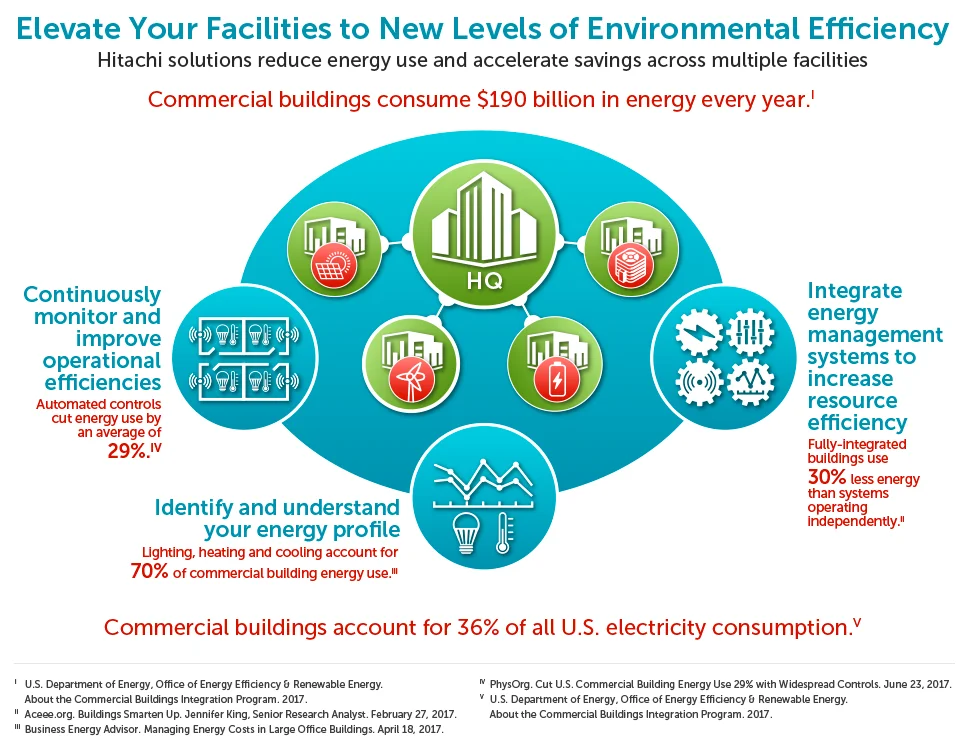
The future holds a greater emphasis on sustainability and energy efficiency. Smart homes will leverage sensors, automation, and AI to optimize energy usage, reduce waste, and contribute to a greener planet.
Hyper-Personalization: Homes that Understand You
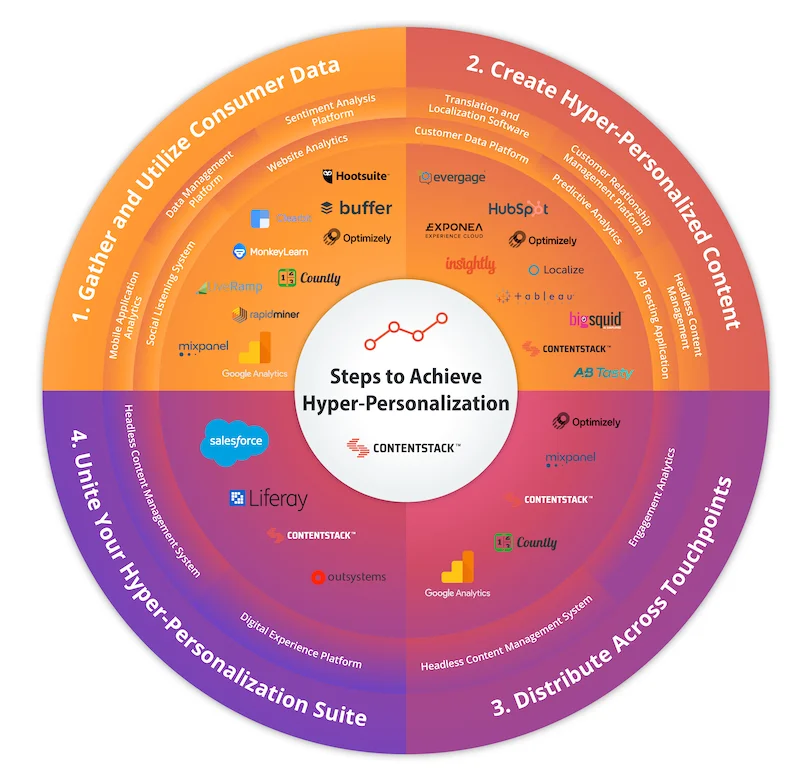
Smart homes will evolve to understand not just our preferences but also our emotional states. From adjusting lighting to suit our mood to curating playlists based on our emotions, hyper-personalization will redefine comfort.
Health and Wellness Optimization

Smart homes will become a crucial aspect of our health and wellness journey. Integrated wellness systems will monitor vital signs, offer personalized health recommendations, and provide a conducive environment for physical and mental well-being.
Advanced Home Security with AI-Powered Systems
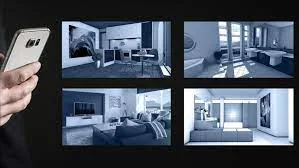
AI-driven security systems will be the cornerstone of future smart homes. They will analyze patterns, identify anomalies, and take proactive measures to keep our homes and loved ones safe.
Smart Furniture: Merging Form and Function
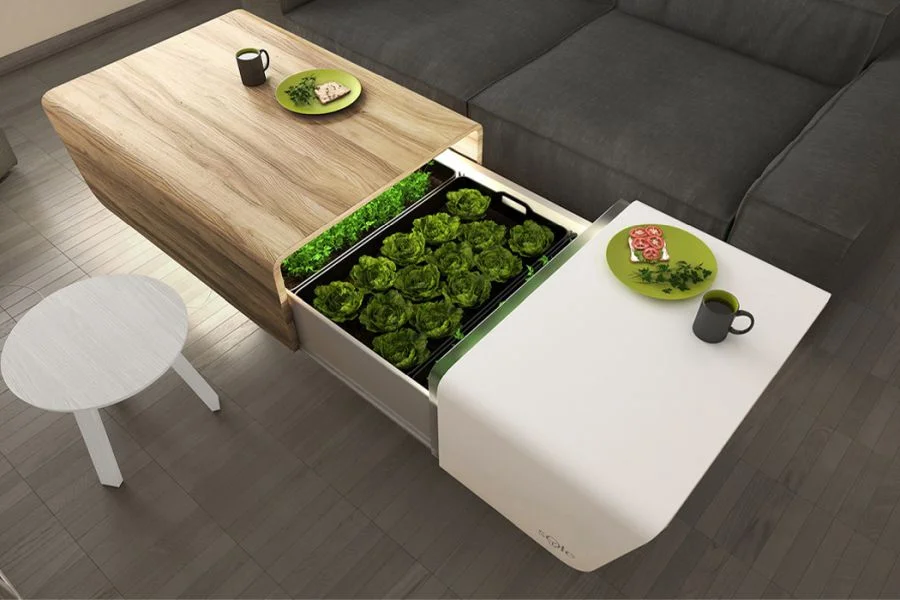
Furniture will be more than just aesthetics. Smart furniture will offer charging capabilities, storage solutions, and adaptable designs, seamlessly merging form and function to suit our evolving needs.
Mixed Reality Experiences within Our Homes
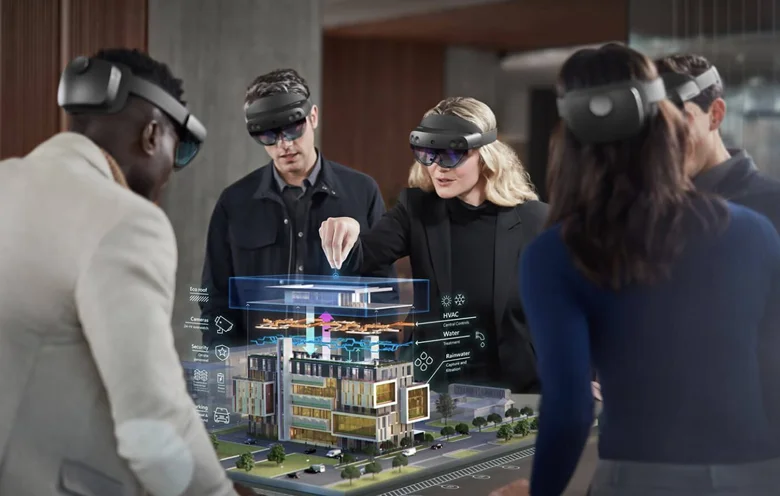
Mixed reality will blur the lines between physical and digital spaces. Smart homes will create immersive experiences for entertainment, education, and remote collaboration.
Evolving Voice and Gesture Controls
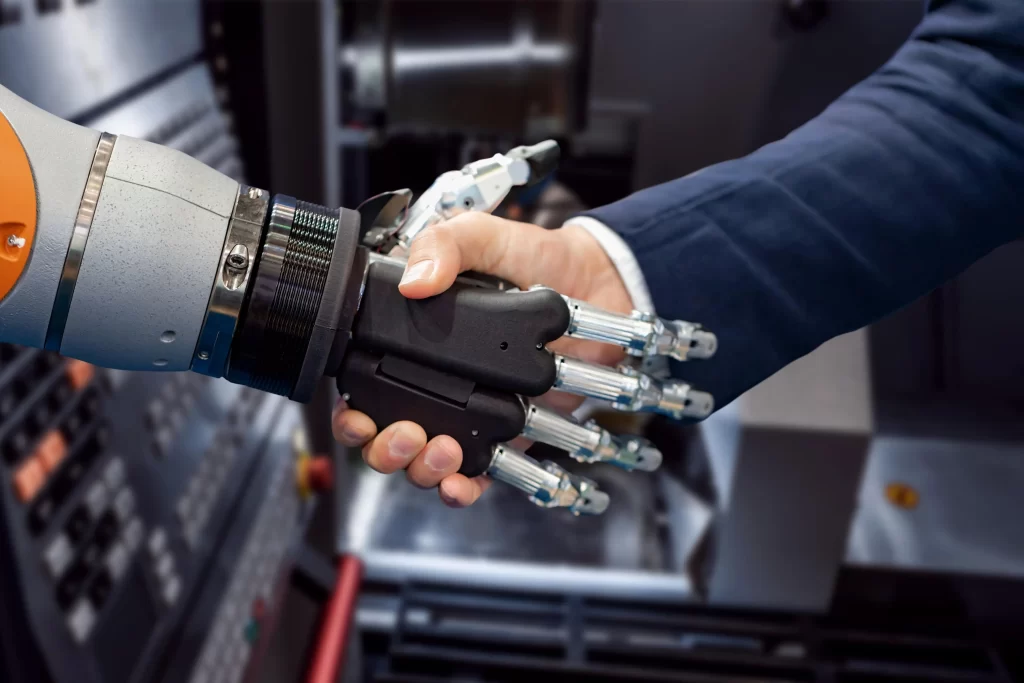
Voice and gesture controls will become more intuitive and responsive, allowing us to interact with our smart homes effortlessly. The technology will be seamlessly integrated into our surroundings.
Interconnected Appliances and the Internet of Things (IoT)
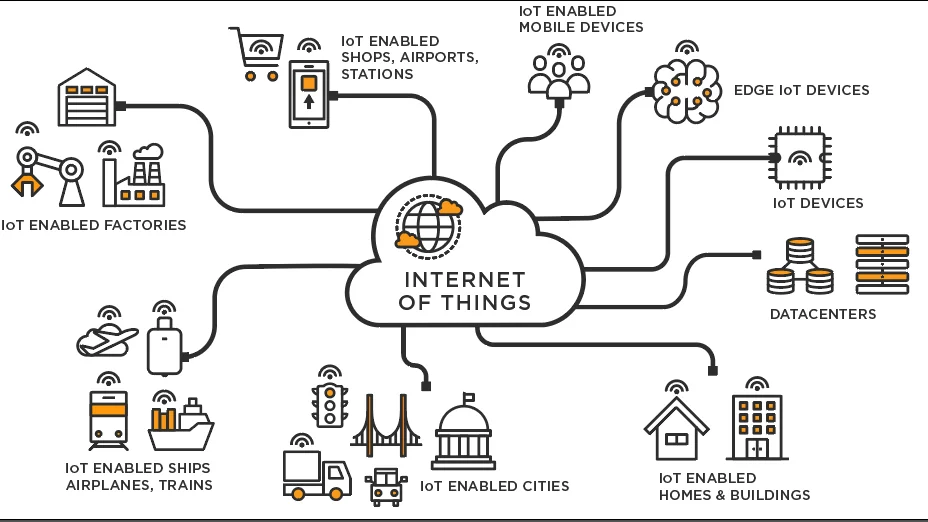
The IoT will reach new heights, with appliances communicating seamlessly to optimize our routines. From coordinating cooking times to managing laundry cycles, our devices will collaborate intelligently.
Environmental Awareness and Green Technologies

Smart homes will actively contribute to environmental conservation. From rainwater harvesting to smart gardening, technology will enable us to live harmoniously with nature.
Enhanced Data Privacy and Security Measures

As our homes become more connected, data privacy and security will be paramount. Advanced encryption and authentication mechanisms will safeguard our personal information.
Affordability and Accessibility for All
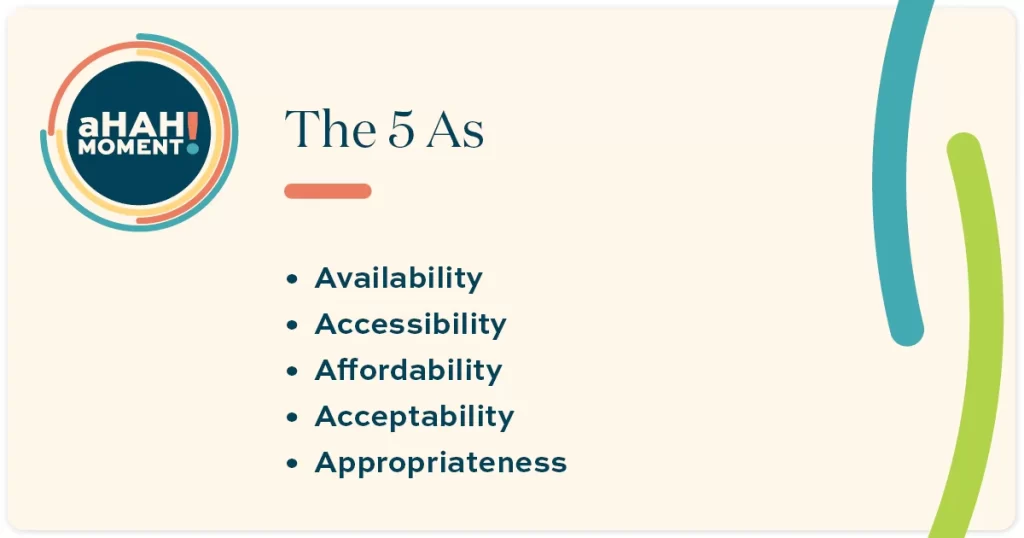
As technology advances, smart home solutions will become more accessible and affordable, ensuring that everyone can benefit from the advantages they offer.
Challenges on the Horizon
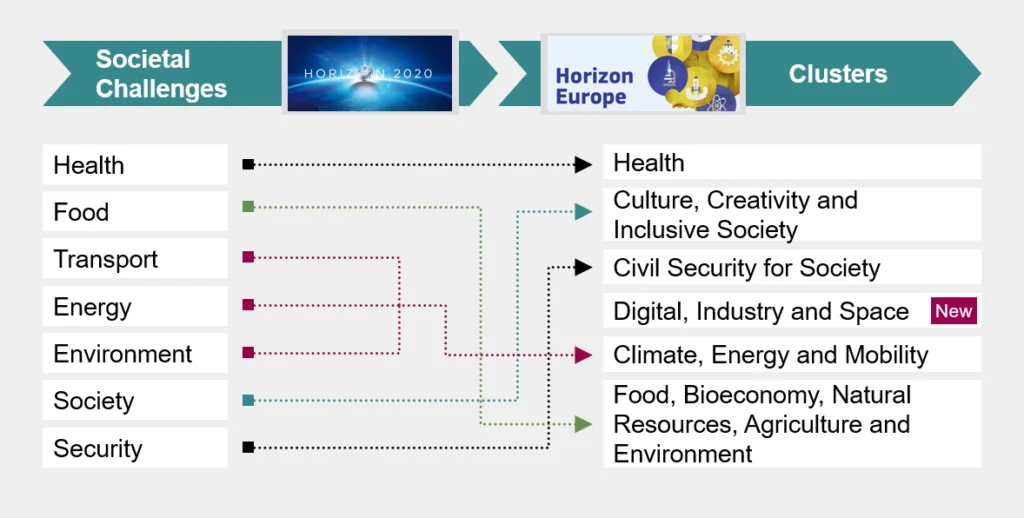
While the future of smart home technology is exciting, challenges like interoperability, data security, and potential over-reliance on technology will need careful consideration.
Conclusion: A Glimpse into the Technological Home of Tomorrow
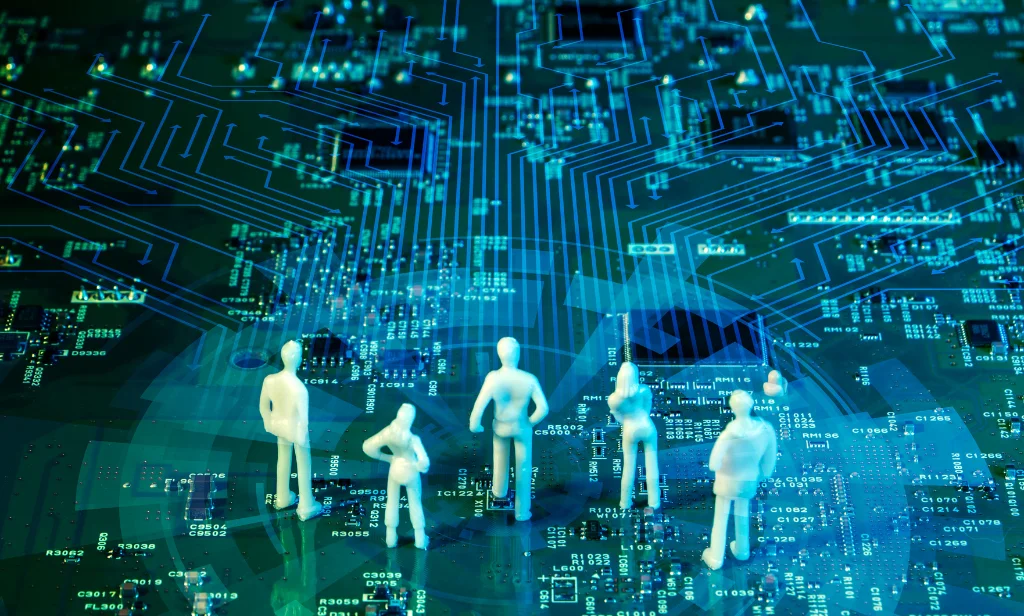
In conclusion, the future of smart home technology promises a world where our living spaces become intuitive, responsive, and deeply integrated into our lives. With AI, 5G, sustainability, and personalization at the forefront, our homes are set to become hubs of innovation, enhancing our quality of life like never before.
FAQs (Frequently Asked Questions)
- Will AI completely take over our homes?No, AI will enhance our homes but won’t replace human control. We will always have the final say in how our homes operate.
- Can I retrofit my existing home with smart technology?Yes, many smart home devices are designed to be retrofitted, allowing you to gradually upgrade your home’s intelligence.
- Will future smart homes be energy self-sufficient?While complete energy self-sufficiency is challenging, future homes will rely more on renewable energy sources and energy-efficient designs.
- Are there potential health risks associated with excessive smart technology?As with any technology, moderation is key. Being mindful of screen time, electromagnetic fields, and device usage is advisable.
- What role will cybersecurity play in the future of smart homes?Cybersecurity will be crucial as homes become more connected. Strong encryption, regular updates, and secure authentication will be paramount.

